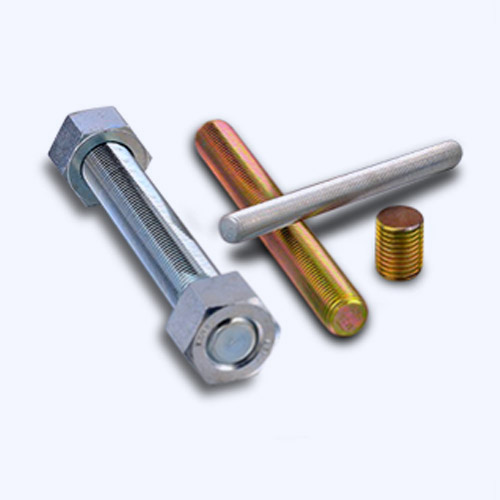Aug . 06, 2024 13:06 Back to list
Exploring the Benefits and Applications of Zinc-Coated Washers in Various Industries
The Importance of Zinc in Washer Manufacturing
Zinc is a versatile metal that plays a crucial role in various industries, including the manufacturing of washers. Washers are thin plates with a hole in the center, used to distribute the load of a threaded fastener, reduce friction, and prevent damage to surfaces. The incorporation of zinc in the washer manufacturing process enhances durability, corrosion resistance, and overall performance, making it an indispensable component in mechanical and construction applications.
Properties of Zinc
Zinc is renowned for its corrosion resistance, which is primarily due to the formation of a protective zinc oxide layer when exposed to air. This layer acts as a barrier that protects the underlying metal from environmental factors such as moisture and corrosive agents. In applications where washers are subjected to harsh conditions—such as moisture-laden environments or exposure to chemicals—zinc-coated washers provide an added layer of protection, thereby extending their lifespan and functionality.
In addition to its corrosion resistance, zinc has excellent mechanical properties. It offers good ductility and malleability, making it easier to shape and form during the manufacturing process. This is particularly important in the production of washers, as precise dimensions and shapes are vital for ensuring a secure fit and optimal performance when used with bolts and screws.
Zinc Coating Techniques
The manufacturing process of zinc-coated washers typically involves several techniques, the most common being hot-dip galvanizing and electroplating.
- Hot-Dip Galvanizing In this process, washers are submerged in molten zinc, resulting in a thick and robust coating. This method is particularly effective for large production runs and provides excellent protection against corrosion, making it ideal for outdoor applications and environments where metal components are exposed to moisture.
washer zinc

- Electroplating This technique involves depositing a thin layer of zinc onto the surface of the washer through an electrochemical process. While the coating is thinner than that produced by hot-dip galvanizing, it offers adequate protection for indoor applications and is often used for aesthetic purposes as well.
Each method has its advantages, and the choice between them depends on the specific requirements of the application, such as environmental exposure, desired lifespan, and cost considerations.
Applications of Zinc Washers
Zinc-coated washers are used across various sectors, including automotive, construction, and manufacturing. In the automotive industry, they are commonly found in vehicles where they help secure bolts and fasteners, preventing loosening due to vibrations. In construction, zinc washers serve as essential components in roofing, siding, and other external structures where exposure to the elements is a concern.
Furthermore, these washers are increasingly utilized in the renewable energy sector, particularly in the assembly of wind turbines and solar panels, where durability and resistance to environmental stressors are paramount.
Conclusion
The significance of zinc in washer manufacturing cannot be overstated. Its unique properties enhance the performance and longevity of washers, making them reliable components in critical applications. As industries continue to evolve and seek more durable materials, the role of zinc-coated washers will undoubtedly expand. The ongoing development of new coating technologies and materials will further improve the performance of washers, ensuring they meet the ever-increasing demands of modern engineering. Ultimately, zinc stands as a testament to the intersection of innovation and functionality in the world of manufacturing.


